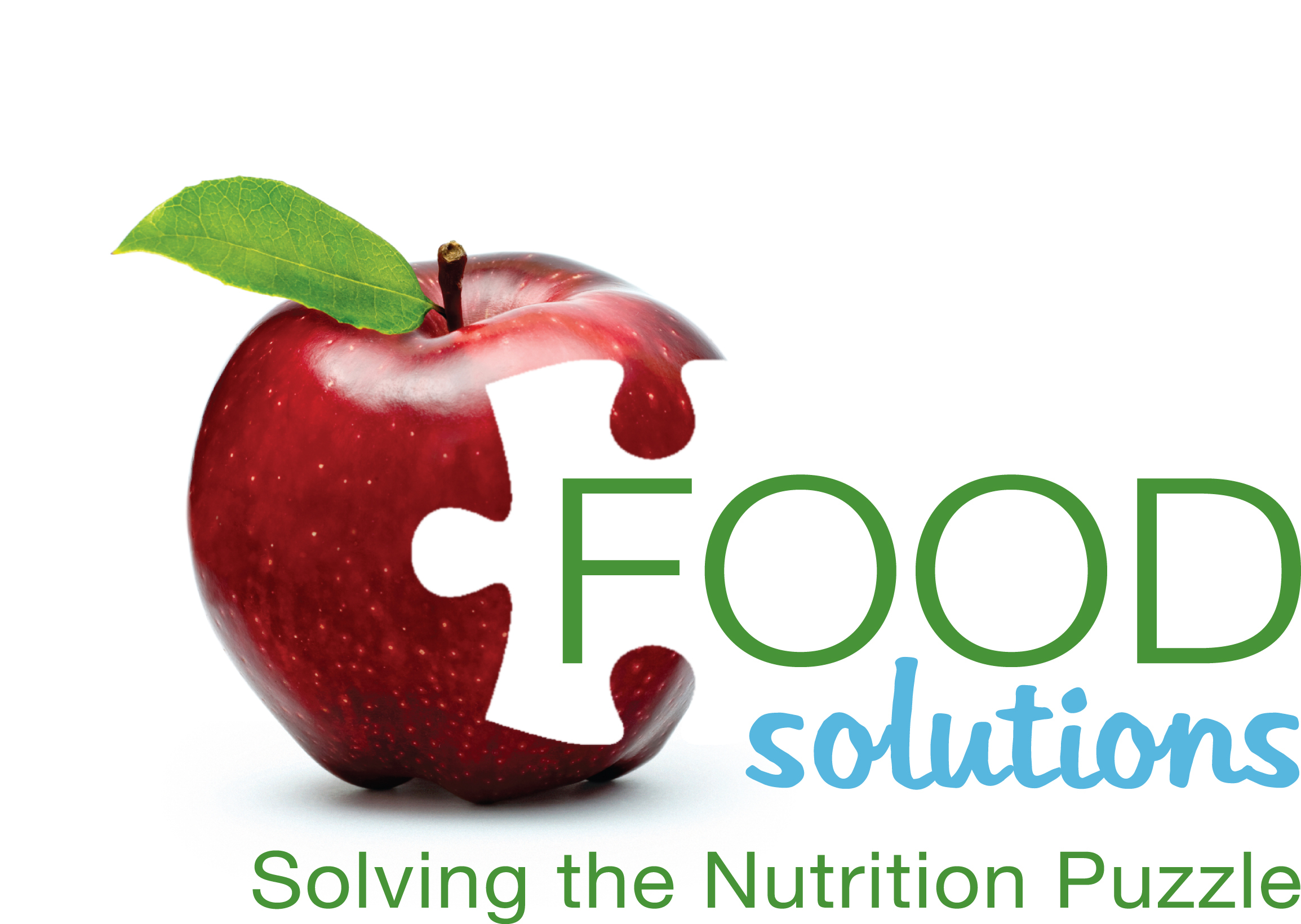No one wants to hear that they’ve got high blood pressure – but it’s not the end of the world!
Medication can help, and there’s a lot you can do to help yourself.
What is blood pressure?
When your heart beats, it pushes blood through your arteries. Blood pressure is the force of the blood pushing against the artery walls.
Blood pressure is recorded with two numbers – a high number and a lower number, such as 120 over 80, or 120/80. The higher number is the pressure exerted each time the heart contracts and pushes your blood into your blood vessels – this is systolic pressure. The lower number is the pressure exerted when the heart rests between beats – this is diastolic pressure.
Normal blood pressure is 120/80 or lower; 130/80 is getting up there (stage 1 high blood pressure) and 140/90 is high (stage 2 high blood pressure).
Why does it matter?
Blood pressure fluctuates during the day, depending what you’re doing.
If it goes up and remains high, it means your heart is working too hard pushing the blood through your vessels.
The National Heart Foundation of New Zealand estimates that one in five adults may have high blood pressure, but nearly one third of us know we have it. With so many people going undiagnosed, high blood pressure has been called a ‘silent killer’.
High blood pressure, or hypertension, is a risk factor for strokes and heart attacks. It can also damage your kidneys and eyes.
What can you do?
If you’ve been told you have high blood pressure, lifestyle and dietary changes may help you back to a healthier blood pressure. The same things can prevent blood pressure if you haven’t been diagnosed.
You can keep your blood pressure in check by:
- Maintaining a healthy weight
- Exercising at least a little every day
- Eating more fruit, vegetables and whole grains
- Using less salt
- Drinking only a little alcohol
- Taking prescribed medication as directed
Making changes to your lifestyle and diet can feel daunting. It’s easier if you have support, so it is a good idea to get some help.
Who can help?
Family and friends – they may join you in making changes, or may offer the encouragement you need to start, and to keep going.
Your doctor – will help you understand blood pressure, monitor your wellbeing and the physical changes in your blood pressure, cholesterol and body weight, and may give you a ‘green prescription’
A dietitian – will help you understand how nutrition and exercise can influence your blood pressure, understand blood pressure, help you navigate the options and work out what changes might work.
What are you doing to improve your blood pressure?
I’d love to know what’s working for you, so send an email to fiona@foodsolutions.net.nz
